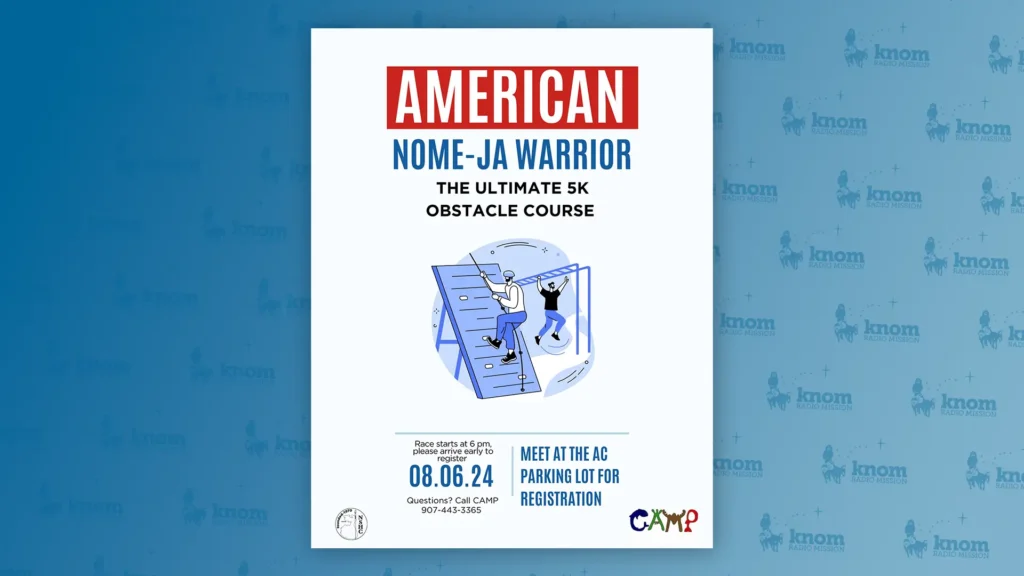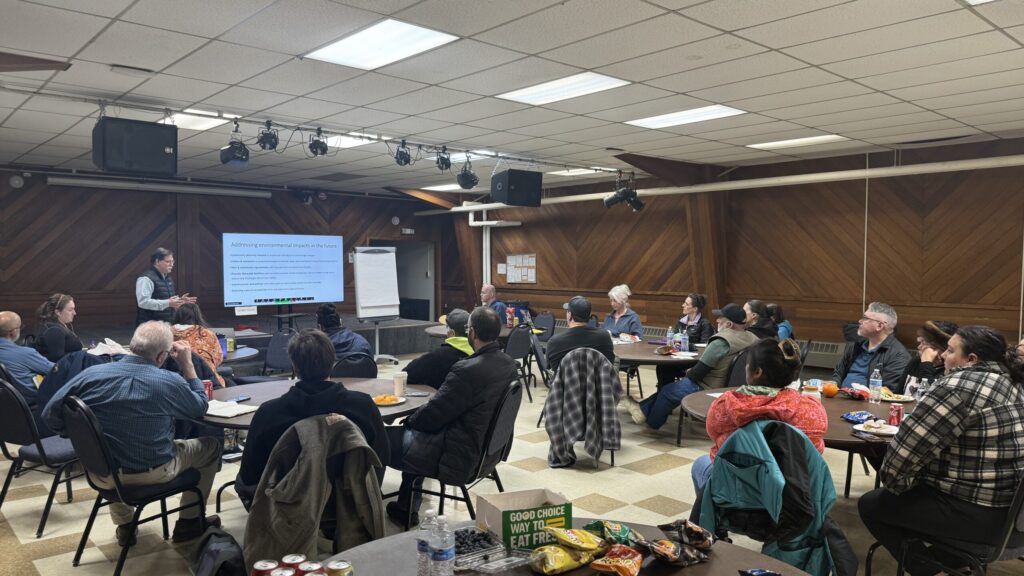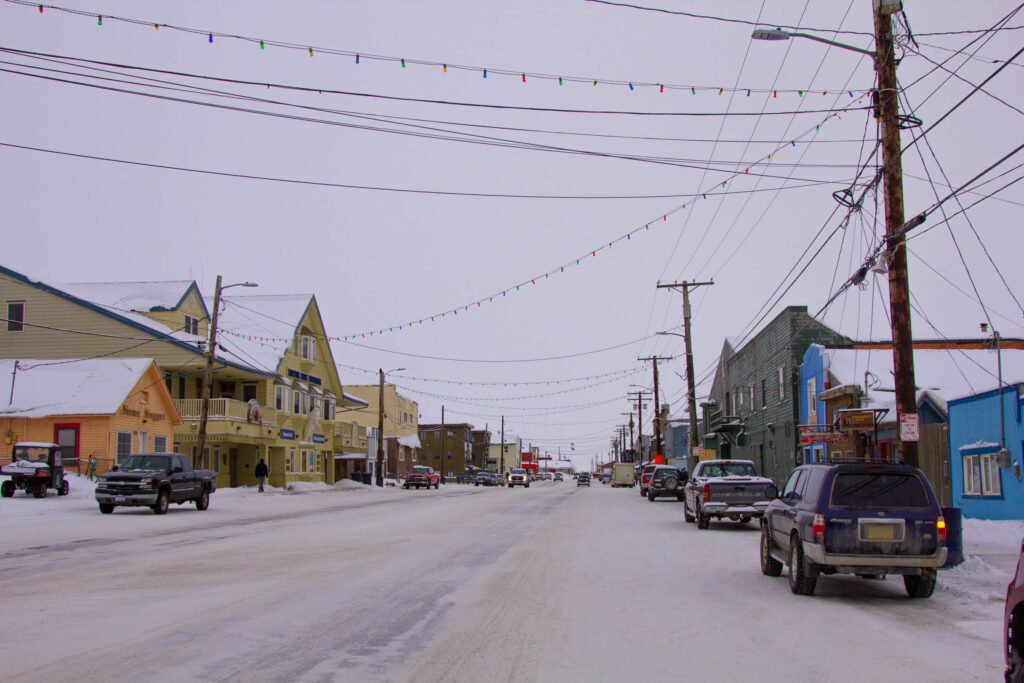They’re rural Alaska’s first-responders, charged with keeping the peace, administering first aid, and serving as liaison between communities and Alaska State Troopers. Village Public Safety Officers, or VPSOs, are uniquely Alaskan peace officers, who work out of a program managed by Troopers and regional nonprofit organizations. In the coming months, Troopers are organizing a research project to assess the program and make it more successful.
Lieutenant Andrew Merrill is the VPSO program coordinator for the Alaska State Troopers. He says four communities will be chosen with a cross section of VPSOs: one community that has a VPSO who’s from the community and who has worked there for over five years; one community with a VPSO from the community who’s worked there for less than five years; another community with a VPSO from outside the area who has lived and worked there for over five years; and one final community with a VPSO from outside the area who has been there for under five years. The study is being crafted by scholars at the University of Alaska Anchorage.
“What that allows us to do is look at what impacts having a VPSO from the community has, and what having a VPSO not from the community has, and whether longevity changes that. And we may find out that whether they come from the village or not has no impact, but what has an impact is the way they interact with the community,” said Lt. Merrill.
From his experience, Lt. Merrill said feedback has been mixed. He’s heard of VPSOs that struggle working in their home community due to the demands of arresting family members or friends, but he’s also heard the reverse: communities that love and respect the work of their VPSO because he or she grew up in and deeply understands the community.
“This study gives us the opportunity to look at those dynamics and see if there’s a way that we can build upon the program to make it better,” he said.
Lt. Merrill said this is an opportunity for researchers to get a snapshot of the program by talking with community members, tribal councils and city councils. And he said those gathering the information will be from the team at UAA, rather than Troopers, allowing for a third party perspective.
“They’re going to sit down with individual members of the community and ask how they feel about their VPSO and how they feel about their safety in the community,” he said. “And they’re going to ask what [the communities’] ideas are on whether the program works, areas where the program can be improved, areas where the program is doing well and they would like to see the program grow.”
Troopers are now working with candidate communities to set up the research project. Though the four communities aren’t yet solidified, Merrill said they’re hopeful one will be from the Norton Sound region.
The National Institute of Justice provided grant funding for the study. Merrill said they’re planning to get researchers on the ground in communities by next spring.







